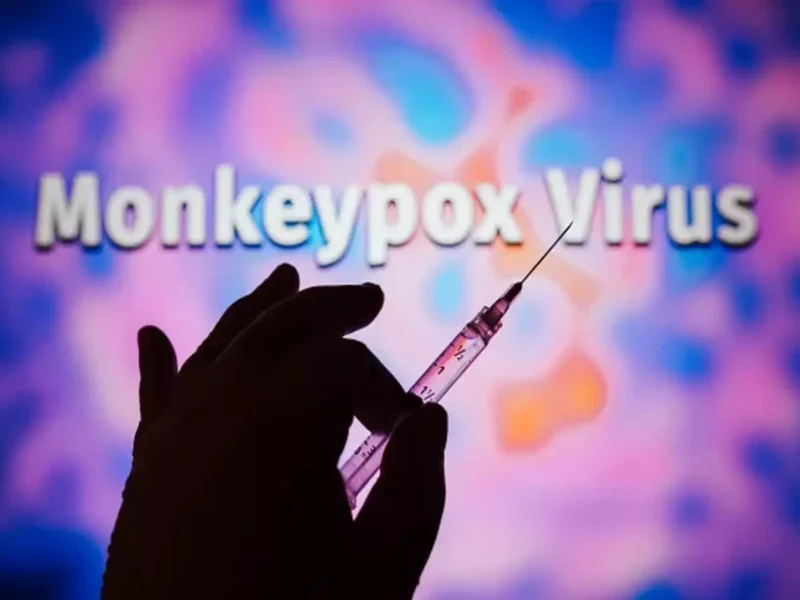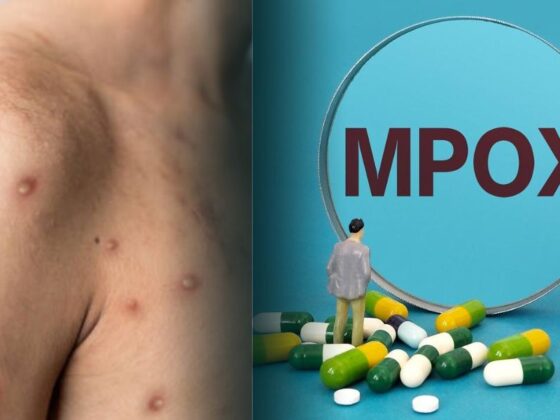New Delhi, September 28: Kerala has confirmed the second case of the viral Mpox (monkeypox) infection, taking the total number of cases in India to three so far. The patient, a 26-year-old man who recently returned from the UAE was identified in Ernakulam by the state health department.
Health authorities have issued guidelines to prevent the spread of the infection and ensure timely medical care for affected individuals.
Mpox, also known as Monkeypox, is a viral illness that can be transmitted through close contact with an infected person or animal. Symptoms of Mpox include fever, headache, muscle aches, fatigue, swollen lymph nodes, and a rash. While most cases are mild, severe illness can occur, especially in immunocompromised individuals.
The more severe and fast-spreading, Clade 1b Mpox strain, has already been reported in one of three detected cases so far. A 38-year-old man from Edavanna in Malappuram tested positive of the disease on September 18 and was found to have contracted the newer strain, prompting health officials to implement proactive preventive measures.
Taking cognizance of the situation, the state’s health department has urged the public to be vigilant and take necessary precautions to prevent the spread of Mpox. These measures include:
1. Avoid close contact: Maintain a safe distance from individuals who are sick or have a rash.
2. Practice good hygiene: Wash your hands frequently with soap and water or use hand sanitizer.
3. Get vaccinated: Individuals at high risk of exposure to Mpox, such as healthcare workers and immunocompromised individuals, should get vaccinated.
4. Seek medical attention: If you experience any symptoms of Mpox, consult a doctor immediately.
The health department has also advised healthcare providers to be alert for signs of Mpox and to report any suspected cases to the authorities. Early detection and timely treatment are crucial to prevent the spread of the virus and minimize its impact.
The resurgence of Mpox in Kerala highlights the ongoing threat posed by this infectious disease. It is essential for individuals and communities to remain vigilant and take proactive steps to protect themselves from infection.
The health department has called upon the public to cooperate with the government’s efforts to contain the spread of Monkeypox. By following the guidelines issued by health authorities and seeking medical attention when necessary, we can help protect our communities and prevent a larger outbreak. The Monkeypox outbreak in Kerala serves as a reminder of the importance of public health measures and the need for continued vigilance against emerging infectious diseases.
The World Health Organisation (WHO) had declared Mpox as a public health emergency of international concern in mid-August. The disease can be spread due to close contact or by touching contaminated objects such as clothing or linen and has symptoms such as fever, rash, skin outbreaks, and muscle aches among others.










